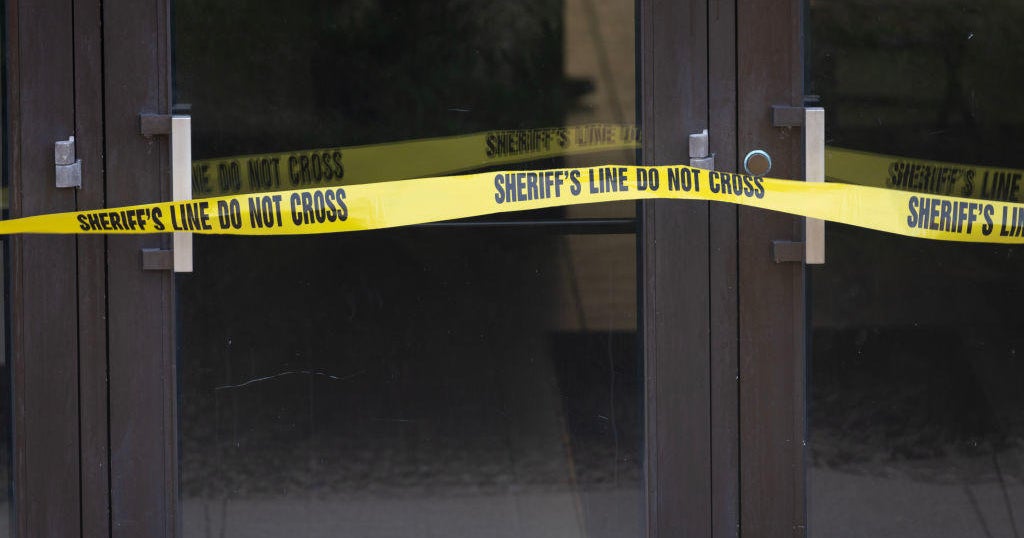CBS News
California announces largest land return in state’s history

Watch CBS News
Be the first to know
Get browser notifications for breaking news, live events, and exclusive reporting.
CBS News
IRS sending payments of up to $1,400 to 1 million people. Here’s who qualifies.

The IRS said Friday it is sending a total of $2.4 billion in “special payments” to 1 million people, part of an effort to ensure that Americans who didn’t receive all of their federal stimulus checks during the pandemic will get the money in their bank accounts.
The payments will vary by person, with a maximum amount of $1,400 per recipient, the agency said in a statement.
“To minimize headaches and get this money to eligible taxpayers, we’re making these payments automatic, meaning these people will not be required to go through the extensive process of filing an amended return to receive it,” IRS Commissioner Danny Werfel said in a statement.
Who will get a payment from the IRS?
The tax agency said it’s disbursing the funds after reviewing internal data that showed many people had filed tax returns but yet didn’t claim what is known as the “recovery rebate credit” in 2021.
That credit was designed for people who didn’t get all or some of the stimulus checks when they were issued during the pandemic. Lawmakers authorized three stimulus payments, with two sent in 2020 and a third in 2021.
Most taxpayers who were eligible for the stimulus payments have already received them directly, or later through the recovery rebate credit.
Do you need to apply for the IRS payment?
No. The IRS said it’s sending the payments automatically to about 1 million people who filed tax returns and who qualified for the recovery rebate credit yet didn’t claim it. The agency will send a letter to recipients to let them know they will receive the payment.
When will the IRS send the payments?
The tax agency said the checks will be sent in December, with most of the payments arriving by late January 2025.
The money will either be automatically direct deposited to the recipient’s bank account or will arrive in the mail via a paper check.
CBS News
Joy to the World | Sunday on 60 Minutes

Watch CBS News
Be the first to know
Get browser notifications for breaking news, live events, and exclusive reporting.
CBS News
Enter for a chance to win tickets to the Chicago Boat Show
Don’t miss one of the most amazing shows in the U.S. — Discover Boating’s Chicago Boat Show in partnership with Progressive Insurance. Enter now to win a 4-ticket-prize-pack to the event.
Read the original article








